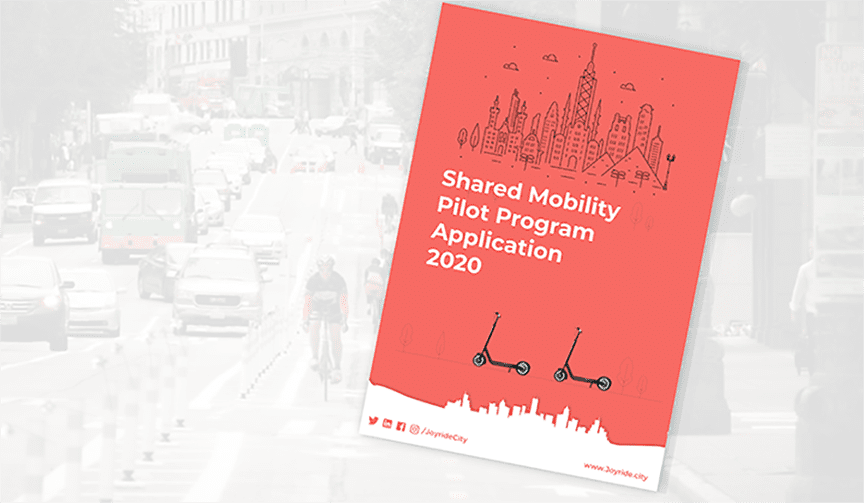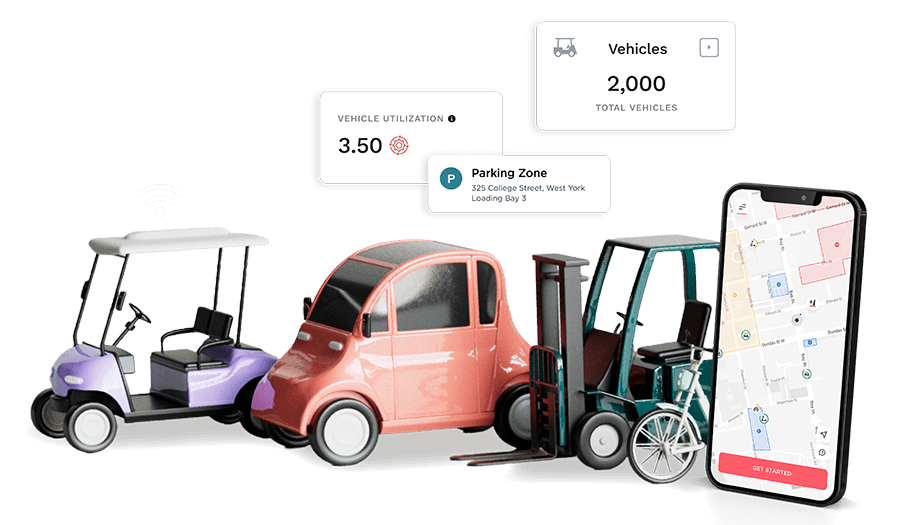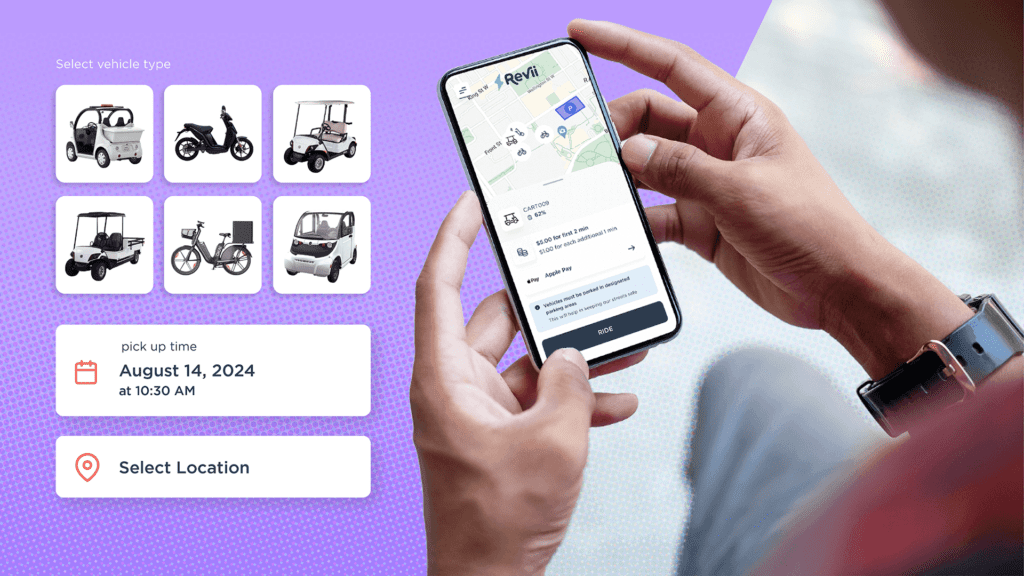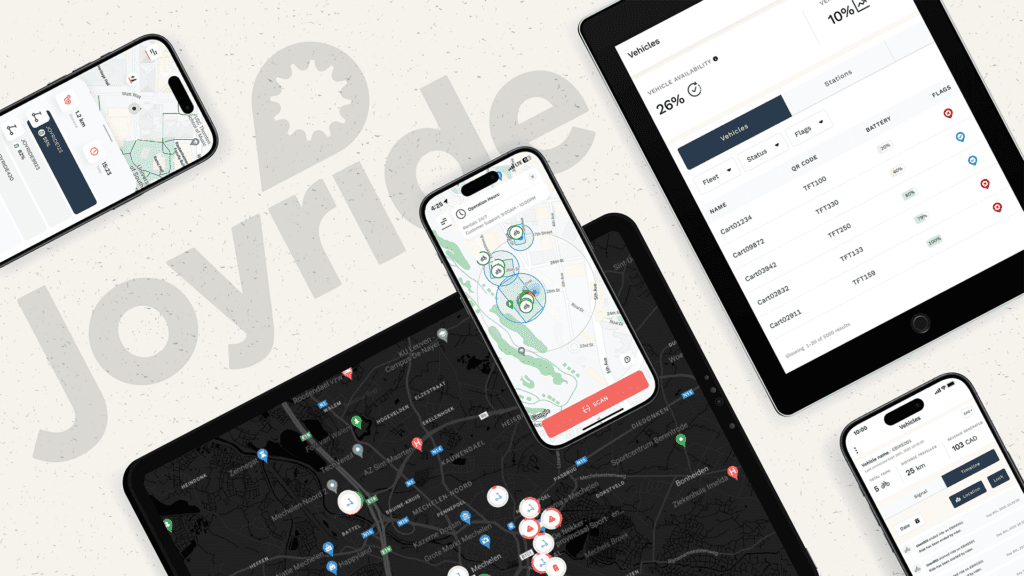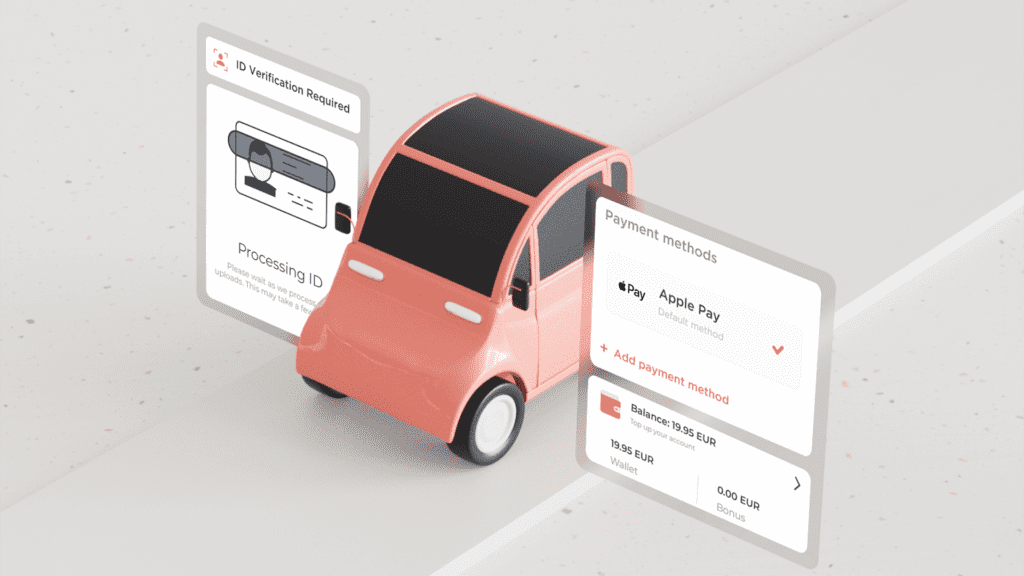Gaining a permit to operate a shared mobility system is among the very first steps to launching a scooter-sharing system, but many entrepreneurs don’t know where to begin or how vital this first impression really is. Submitting a request for proposal (RFP) is an initial and inevitable barrier that can be easily overcome so long as the right tools are in place. Being a white-label software provider, we’re used to powering actions behind the scenes. In addition to Joyride’s fleet-management SaaS platform, preferred insurance rates and exclusive hardware partnerships, we now provide consultancy services that offer RFP application and lobbying strategy support for scooter operators looking to win permits—and shape the outcome of pilot programs—in their cities.
Why is an RFP application necessary for shared mobility operators?
Most scooter-sharing systems must complete an RFP application to operate, but not all proposals are alike. Cities will open up a scooter-share or bike-share open application period where submissions from vying operators will be accepted (typically within six months), and then a limited number of permits will be granted from the pool of applicants. The RFP response can range from 20 to 100-plus pages and usually has a list of corporate-related questions as well as specific requirements related to hardware, safety features, recharging logistics, software functionality and intended price per ride. Services being offered through Joyride include RFP development, proposal writing, sustainability assistance, market research and data analysis. This application is the gateway to obtaining a permit, and its purpose is as much to inform as it is to persuade a municipality to select your business over the competition.
How has the RFP application process recently changed?
With lockdowns lifting and major markets like the UK and New York opening up unprecedented scooter-sharing programs, the micromobility industry is experiencing a global bounce-back in full force. Cities are already showing us what a post-pandemic urban landscape will look like with hundreds of miles of new bike lanes and overturned laws that are fast-tracking shared mobility pilot programs. So there’s more competition to obtain a permit than ever before—the UK’s brand-new scheme has already attracted about 20 applications, for example. So expect many more RFPs being issued in the coming months. Currently, there are open and/or soon-to-be expedited bids in regions including Wisconsin, Oregon, Georgia, Vancouver, Italy, Australia (Canberra) and Qatar, to name a few. New York will open its RFP period this October ahead of the state’s inaugural pilot program launch in 2021.
How does lobbying shape shared mobility pilot programs?
Cities must first know the right questions to ask before they can request answers from scooter companies. And, given the nascency of the micromobility industry, many established shared mobility companies are in a position to help shape what a pilot program will look like from the outset. We’re seeing more scooter operators of varying sizes drafting public policy communication to encourage their cities to effectively launch a short-term scheme that actually sticks. These companies are in a position to inform the size of a program or organize a coalition of aligned stakeholders who want scooter-sharing to happen in the first place. Cities may also initially impose rules that aren’t logistically or financially favorable to operators, and in many cases politicians are unaware of all the considerations that need to be made to promote a healthy and sustainable micromobility program. Public policy support in the form of research, communication drafting and proposal communication is going to be increasingly important as cities quickly adapt to the rising reality of shared mobility on their streets. Therefore, tapping into consulting services that help persuasively communicate those needs will be increasingly necessary, too.
Where can you get more information about these services and rates?
In addition to six years of industry experience and enabling shared mobility operators in 100-plus global markets, we have partnerships in place with seasoned RFP and specialized micromobility lobbying experts that will help negotiate, plan and implement scooter-sharing systems locally, all under Joyride’s umbrella of services. Contact us for more details regarding rates and full-suite strategy services.

